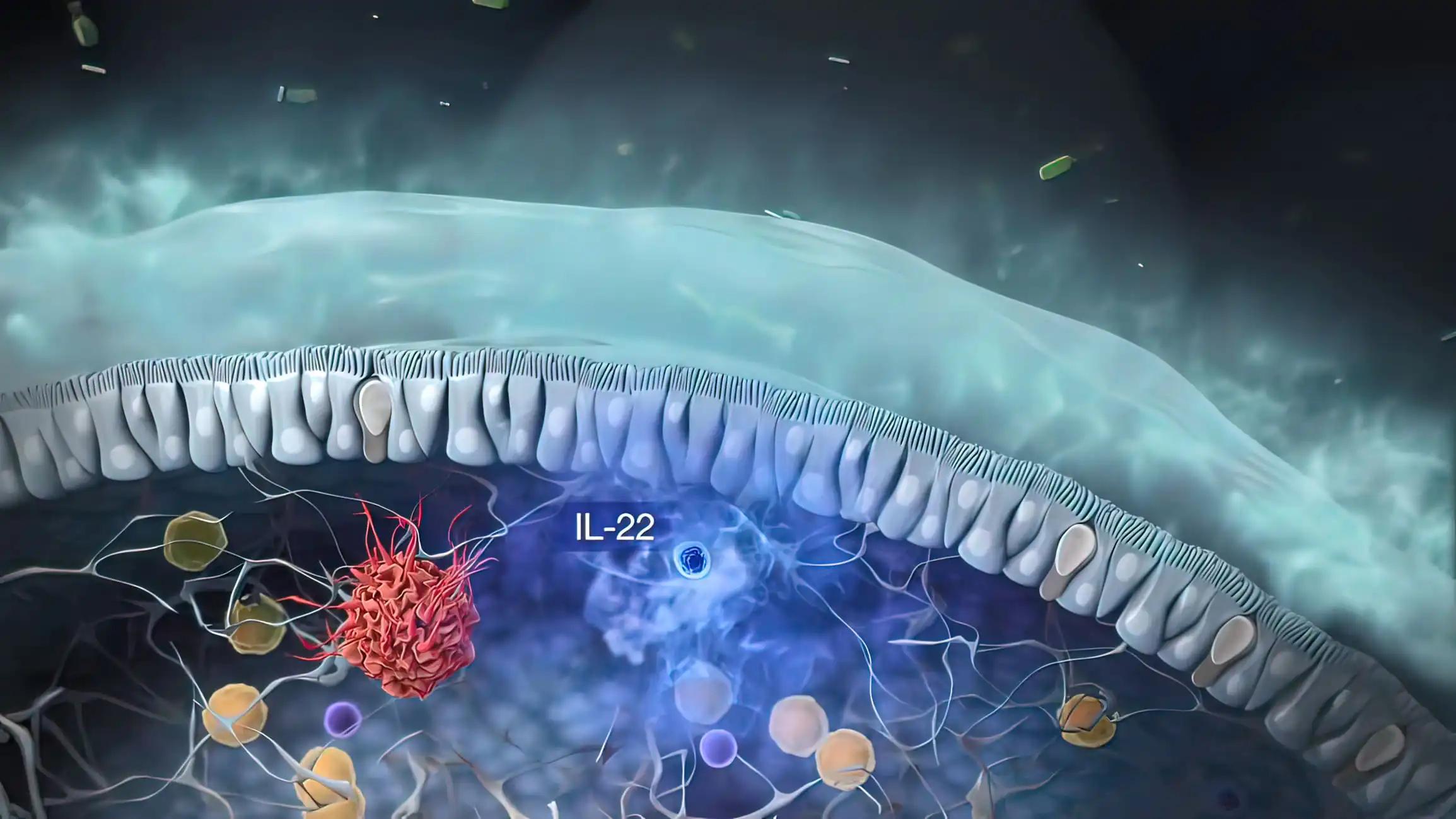KEY TAKEAWAYS
- BRUIN Phase 1/2 study evaluated the efficacy of Pirtobrutinib monotherapy in patients with relapsed/refractory CLL/SLL who had prior covalent BTKi therapy.
- The overall response rate was 74% (95% CI 68-79), comprising three complete and 174 partial responses, with a median follow-up of 13.9 months.
- The median progression-free survival was 19.4 months (95% CI 16.6-22.3), with 12-month and 18-month estimated PFS rates of 68% and 54%, respectively.
- Pirtobrutinib was effective in patient subgroups with high-risk features such as del(17p), mutated TP53, and unmutated IGHV.
- Pirtobrutinib was well-tolerated, with fatigue, diarrhea, and discoloration as the most common TEAEs.
The transformation of chronic lymphocytic leukemia/small lymphocytic lymphoma (CLL/SLL) treatment landscape through covalent Bruton tyrosine kinase inhibitors (BTKi) has been remarkable. However, treatment failure due to either resistance or intolerance has been observed. Pirtobrutinib, a non-covalent (reversible) BTKi, is highly selective and equally potent in inhibiting both wildtype and C481-mutant BTK, with favorable oral pharmacology allowing continuous BTK inhibition throughout the dosing interval regardless of the intrinsic rate of BTK turnover.
The BRUIN study (NCT03740529) investigated the efficacy, safety, and tolerability of pirtobrutinib in patients with B-cell malignancies, including CLL/SLL, who had previously been treated. The evaluable response cohort consisted of all CLL/SLL patients enrolled in either phase 1 or 2 who had received a prior covalent BTKi-containing regimen and had undergone their first response assessment or discontinued therapy. The safety cohort comprised all patients with B-cell malignancies who received at least one dose of pirtobrutinib monotherapy.
Results indicated that the median age of the 276 CLL/SLL patients who had received a prior BTKi was 69 years old, with a median number of prior therapies at 3. High-risk features were also frequent, with del(17p) in 29% (58/197), mutated TP53 in 40% (91/230), and unmutated IGHV in 85% (188/220). Most patients (n=206, 75%) discontinued prior BTKi therapy due to disease progression. The overall response rate (ORR) per 2018 iwCLL response criteria in the response evaluable cohort was 74%, including three complete responses (1%), 174 partial responses (PR; 64%), 23 PRs with lymphocytosis (PR-L; 8%), and one nodular PR (<1%).
At a median follow-up time of 13.9 months, the median progression-free survival (PFS) was 19.4 months, with 12-month and 18-month estimated PFS rates of 68% (95% CI, 62-74) and 54% (95% CI, 46-61), respectively. In the safety cohort of all pirtobrutinib-treated patients with B-cell malignancies (n=725), the most common treatment-emergent adverse events (TEAEs) were fatigue (26%, n=191), diarrhea (22%, n=160), and discoloration (19%, n=138). The most frequent Grade ≥3 TEAEs were neutropenia (20%, n=143). Low rates of Grade ≥3 TEAEs of hypertension (3%, n=20), bleeding (2%, n=16), and atrial fibrillation/flutter (1%, n=7) were observed. 15 (2%) patients discontinued due to a treatment-related AE.
In conclusion, pirtobrutinib has demonstrated promising and durable efficacy in heavily pre-treated relapsed/refractory CLL/SLL patients who have been treated with a prior covalent BTKi, regardless of prior therapy, the reason for prior BTKi discontinuation, age, high-risk TP53 mutations, C481 mutational status, and del(17p). Additionally, pirtobrutinib was well-tolerated with low discontinuation rates due to drug-related toxicity.
Source:https://ash.confex.com/ash/2022/webprogram/Paper159497.html
Clinical Trial:https://clinicaltrials.gov/ct2/show/NCT03740529
Mato, A., Woyach J, Brown J, Ghia P, Patel K, Eyre T, Munir T, Maranda E, Lamanna N, Tam C, Seymour J, Shah N, Coombs C, Ujjani C, Patel M, Fakhri B, Cheah C, Alencar A, Cohen J, Gerson J, Fli I, Ma S, Jagadeesh D, Rhodes J, Ilizaliturri F, Zinzani P, Balbas M, Nair B, Abada P, Wang C, Wang D, Tsai D, Wierda W, Jurczak W (2022). Efficacy of Pirtobrutinib in Covalent BTK-Inhibitor Pre-Treated Relapsed / Refractory CLL/SLL: Additional Patients and Extended Follow-up from the Phase 1/2 BRUIN Study. [online] ash.confex.com. Available at: https://ash.confex.com/ash/2022/webprogram/Paper159497.html [Accessed 20 Feb. 2023].



